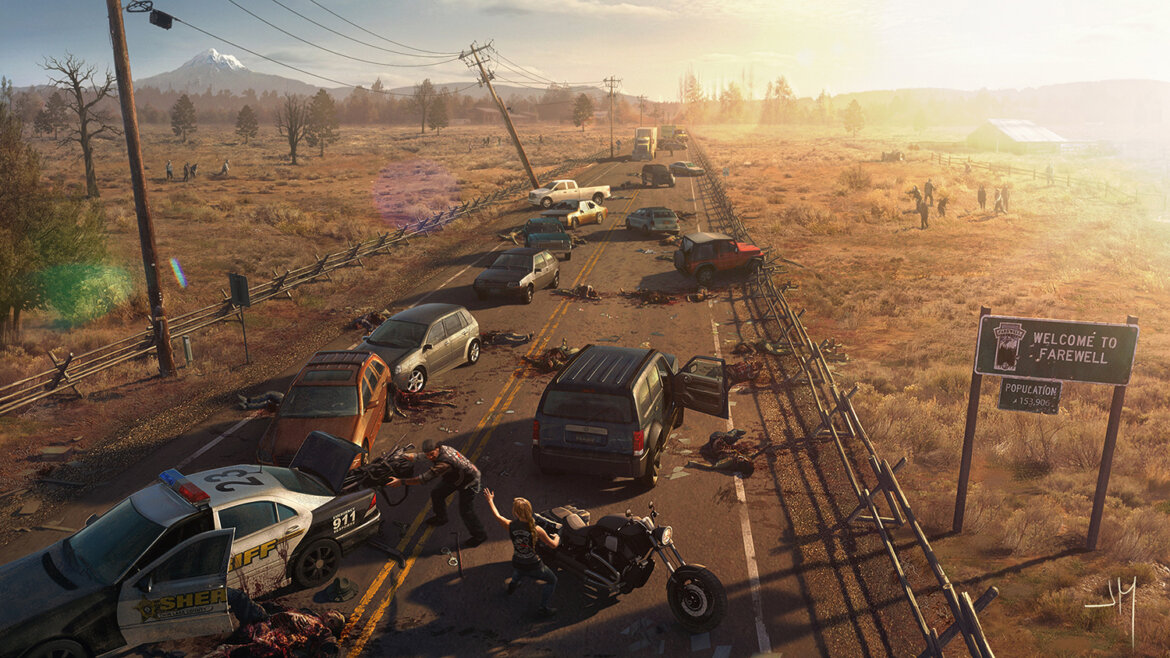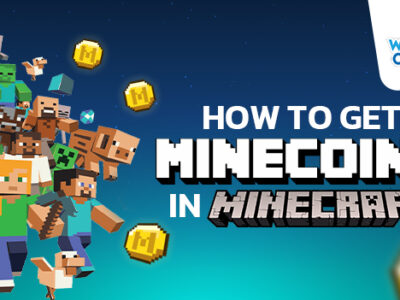
Is esports the next battle arena for Apex Video games don’t typically launch with a high-profile tournament already scheduled, but in or its short list, Apex Legends already has proved it is not a typical game.
Respawn Entertainment’s surprise-release battle royale behemoth surpassed 25 million players in its first week, outpacing even Fortnite in the initial player-base acquisition. Now Apex is indirectly challenging that industry titan in the esports arena, and following the first leg of its debut event, Twitch Rivals: Apex Legends Challenge, Respawn demonstrated equally exciting potential.
Split into European and North American regions, the Twitch Rivals: Apex Legends Challenge debuted Feb. 12 with consistently high viewership on the Amazon-owned streaming platform. Apex’s viewership as a whole peaked around 670,000 viewers while Fortnite’s hovered around 110,000 during the event, by The Washington Post’s count. (Twitch is owned by Amazon, whose CEO Jeffrey P. Bezos owns The Washington Post.) Official numbers were not available at the time of publication. Forty-eight players participated in the Tuesday evening event, including some of the world’s best-known streamers and pro players such as Tyler “Ninja” Blevins, Guy “Dr DisRespect” Beahm and Michael “shroud” Grzesiek, which further bolstered both the intrigue and the audience numbers around the event.
Although most games can be played competitively, not all games can succeed as esports, and even the most significant titles, such as Fortnite, can experience difficulties. The financial upside of establishing a successful property in the esports market is evident, however. As the industry continues to grow — analytics firm Newzoo released a report Tuesday projecting esports market to surpass $1 billion in revenue in 2019 — more and more developers are launching their games with professional, competitive play at the forefront of their planning.
Apex Legends’ Twitch Rivals showing was an impressive start, despite some obvious challenges. The format for Apex Legends events is currently limited by the game’s features. Custom games aren’t available, so competitive players are forced into matches with everyday players, no other pros.
Twitch Rivals: Apex Legends is “sports-like,” Justin Dellario, head of esports at Twitch, said in a Feb. 8 interview. The goal of the event revolved more around entertainment and promotion for both Apex Legends and Twitch streamers.
“Most traditional esports formats — and we’re heavily involved in some of those — are out to determine who the best in the world is,” Dellario said. “Rivals formats are generally revolving around streamers participating, increasing the audience on their channels, and making them successful as streamers. Competition is just a narrative we give them to be a bit more successful that day.”
There is money on the line, but Dellario said, across the format, everyone really wins: in increased viewership, cheering with Bits (a virtual currency used on Twitch) and the prize money spread out between teams.
For this event, eight teams of three participated in each region, queuing up as squads into public matches for four hours. The team with the most points — one point awarded for a kill, five points for a victory — was declared the victor. An extra $7,500 was available to the team that posted the highest kill total.
It’s that format that encouraged nonstop action during the broadcast, which, in addition to the players’ individual streams, aggregated all participant feeds into a central location with commentary from Twitch casters. Players were encouraged to play aggressively; reactive teams that prefer to camp were vulnerable. With the talented pros playing against unranked public players, the dynamic led to high kill games, often more than 20 per team. Another side effect of the random and usually weaker competition is that streamers in Apex Rivals were always winning. The tournament format was designed to find out who could earn more.
North America’s Twitch Rivals: Apex Legends event ended with a tense back-and-forth in points between Ninja’s Kings Canyon and Reids Money Team, consisting of Jake “ChocoTaco” Throop (a Team SoloMid streamer), Sean “vsnz” Garcia (Team SoloMid), and Jordan “HusKers” Thomas (Rogue). Though Reids Money Team acquired 396 kills to Kings Canyon’s 355, Kings Canyon’s 13 wins pushed them over the edge for a total of 420 points for first place. Just one point behind, Reids Money Team landed in second but will make the most money from the event, adding the $7,500 award for racking up the most kills.
But the real standout player — who, arguably, even overshadowed Ninja — was NRG Esports’ Coby “Dizzy” Meadows. Meadows signed to NRG on Feb. 11 as an Apex Legends player, one of the first pro players for the new game. The day of the tournament, he broke a record for most kills in a single game, 33, which is more than half the total players in a single match that drops 60 players in squads of three onto an ever-shrinking island, a la Fortnite. Meadows’s aggressive style certainly contributed to the decisive point that pushed the team into first. Shroud, too, stood out during the tournament as a potential face of Apex Legends, often holding 200,000 viewers on his own stream. Personalities on Twitch can be a driving force for a game’s success, and Apex Legends’ competitive scene has a few to watch. The question is whether those streamers will stick with Apex Legends or retreat back to Fortnite, which had been their preferred title before the Apex Legends release.
In Europe, first place — and most kills — went to Team MANE. The roster, which is signed to Team Vitality’s Fortnite roster, earned a staggering 339 kills across 12 wins for a total of 399; the next closest team, Team Nordics, received 361 points with 312 kills to 10 wins.
Apex Legends itself, and its competitive format draws some obvious comparisons to Fortnite. Because of the massive growth of Apex Legends — the game has already surpassed two million peak concurrent players — many are speculating it’s a game that can stand up to the Epic Games-built battle royale title. For comparison, Fortnite reached 10 million players two weeks after its release. But it’s hard to determine, at this point, whether Apex’s large player base and massive Twitch viewership are built out of excitement, or if there’s real staying power.
Despite the future uncertainty, what the numbers say now is that Twitch viewers want to watch their favourite streamers play something other than Fortnite. And Apex could be able to navigate several issues that prevented Fortnite’s esports scene from taking off.
Fortnite’s first official events, the Summer Skirmish, ended in unplanned and abrupt fashion. When servers couldn’t handle the load from the competition, the game ended after only four rounds that used a structure that disincentivised aggressive play. Playing against other experienced Fortnite players, teams played cautiously to increase their odds at getting to the endgame. Epic did offer an extra prize to the team with the most kills, but it wasn’t enough compared to the award for getting two Victory Royales, which was the title-winning requirement.
Fortnite’s Summer Skirmishes later switched to the public match format that awards points for kills and wins — the size that Twitch Rivals used for Tuesday’s Apex Legends event. (Fortnite now uses a points system based on placing in custom matches, with points also awarded for kills.) Despite the troubles of the Summer Skirmish, viewership peaked at 744,000, according to Esports Charts. But Fortnite had already been on the rise for months before the first official tournament and was preceded by a celebrity showcase and other unofficial events.
The debut Apex event was not without criticism. Detractors on Reddit and social media noted that the format of public matches, notably the skill gap discrepancy between streamers and everyday players, feels less competitive than if the flags were battling each other. Thus they don’t see it as a real test of skill.
Dellario said that’s not the goal of the Twitch Rivals: Apex Legends event. There’s competitive integrity, but it’s more casual than a real esports event. It’s as much about competition as it is about showcasing streamers.
Electronic Arts CEO Andrew Wilson said during the company’s quarterly earnings call on Feb. 5 that esports “will almost certainly be a part” of Apex Legends. Reception to last night’s event — and if that excitement can be sustained for the Feb. 19 portion, too — will be important for Respawn’s further investment. A first “season” is expected to kick off in March, with more “top-secret new stuff” to be added within the year and beyond, EA said in a blog post last week.
Source: Washingtonpost
Related Posts:













